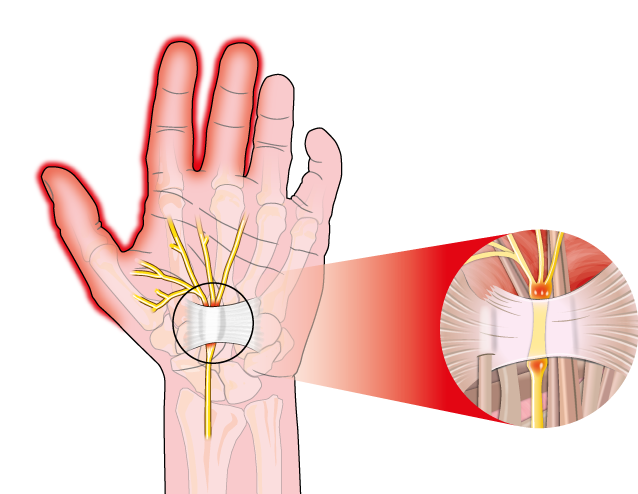
Health News
Features
-
Solutions for Carpal Tunnel Syndrome
An Ailment that’s Not Just for Computer Users Computers are frequently blamed for carpal tunnel syndrome, a painful disorder involving a pinched nerve in the wrist. But assembly workers are three times more likely than data-entry personnel to suffer from it, according to the National Institute of Neurological Disorders and Stroke (NINDS). The disorder is…
-
Seven work-related issues that may affect your health
Disease saps our energy. Our productivity slips, we miss work or school, and our healthcare expenses rise. We may blame our work, or work environment, for the illness. But that may only be part of the equation. “Is it the chicken or the egg?” asks Dr. Ulyee Choe, Polk County Health Department director and a…
-
Trends and observations in child health
A Look at An Emerging Frontier in Healthcare and Other Relevant Issues The Academy of Pediatrics has designated the month of October as Child Health Month. The Academy strongly feels that newborns, infants, children, adolescents, and young adults up to the age of 21 years in the United States should have access to comprehensive healthcare.…
Columns
-
Dental Implants Can Help You Save Face
Losing your teeth can be a painful and traumatic experience, whether it’s due to age, injury, or tooth decay. Whether we realize it or not, our teeth are integral to our well-being and self-esteem. Fortunately, there are restorative procedures available for those who have lost teeth. Winter Haven Family & Cosmetic Dentistry is proud to…
-
Whole-Person Health Care is Now in Polk County
Effective September 1, 2019, the 193-bed Heart of Florida Regional Medical Center and the 160-bed Lake Wales Medical Center have joined the health system as AdventHealth Heart of Florida and AdventHealth Lake Wales. This acquisition includes both hospitals’ related businesses, physician clinic operations and outpatient services. AdventHealth is also welcoming more than1,200 new employees to…
-
Diabetic Eye Disease Awareness Month
Diabetes is the leading cause of blindness in the United States in adults. Over the past several years, the incidence of diabetes has grown as well as the rate of vision loss due to the disease. Diabetes can cause many eye problems. Here are three important things every diabetic should know to help preserve their…





